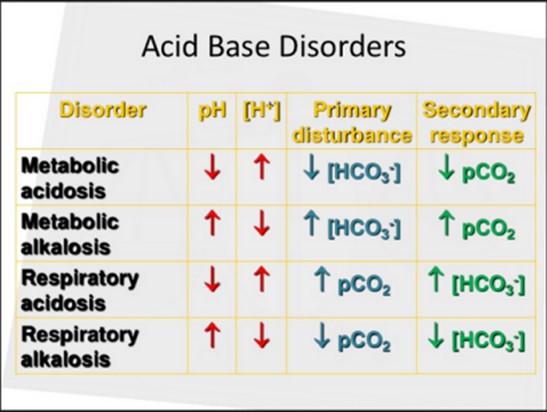A client with systemic lupus erythematosus (SLE) is receiving nonsteroidal anti- inflammatory drug (NSAID) therapy. Which side effect of NSAID therapy should the nurse immediately report to the health care provider?
Melena
Decreased vision
Pancytopenia
Hyperglycemia
The Correct Answer is C
Pancytopenia refers to a decrease in all three major blood cell types: red blood cells (anemia), white blood cells (leukopenia), and platelets (thrombocytopenia). It is a potentially serious side effect that can lead to increased susceptibility to infections, anemia-related symptoms (fatigue, weakness), and an increased risk of bleeding. Prompt reporting is necessary for further
evaluation and appropriate management.
While melena (dark, tarry stools) is a concerning side effect, it typically indicates gastrointestinal bleeding, which should also be reported promptly but may not require immediate action unless the bleeding is severe or accompanied by other symptoms.
Decreased vision can be a side effect of certain medications, including NSAIDs, but it does not usually require immediate reporting unless it is severe or rapidly progressive. Hyperglycemia (high blood sugar) can occur with NSAID therapy, especially in individuals with preexisting diabetes or impaired glucose tolerance. While it should be monitored and managed appropriately, it does not typically require immediate reporting unless it is extremely high or associated with other concerning symptoms.
Nursing Test Bank
Naxlex Comprehensive Predictor Exams
Related Questions
Correct Answer is C
Explanation
0.9% Sodium chloride is a balanced isotonic solution that closely resembles the electrolyte composition of the extracellular fluid. It is commonly used to treat dehydration because it helps restore fluid volume and electrolyte balance in the body.
5% dextrose in Lactated Ringers: This solution is typically used for fluid and electrolyte replacement in patients who have significant fluid losses or imbalances, but it may not be the best choice for dehydration alone.
0.45% sodium chloride: This solution, also known as half-normal saline, has a lower concentration of sodium chloride and is often used for patients who require hypotonic fluids. It may not provide enough electrolyte replacement for a dehydrated patient. 3% Normal Saline: This solution has a higher concentration of sodium chloride and is typically used for specific indications, such as severe hyponatremia or in critical care settings. It is not the first-line choice for treating dehydration.
Correct Answer is C
Explanation
The pH value of 7.5 indicates alkalosis, as it is above the normal range of 7.35-7.45. The elevated bicarbonate (HCO3-) level of 34 mmol/L suggests metabolic alkalosis, as it is higher than the normal range of 22-28 mmol/L. The PaCO2 level of 40 mm Hg falls within the normal range of 35-45 mm Hg.
In this case, the primary disturbance is metabolic alkalosis, which is likely caused by vomiting leading to excessive loss of gastric acid (hydrogen ions) and chloride ions from the stomach. This loss of acid and chloride results in an imbalance of electrolytes and an increase in bicarbonate levels, leading to metabolic alkalosis.
The arterial blood gas results do not indicate any compensation. Compensation occurs when the body attempts to restore the pH balance by adjusting the respiratory or metabolic systems. In this case, there is no compensation observed because the PaCO2 level is within the normal range and not significantly altered.

Whether you are a student looking to ace your exams or a practicing nurse seeking to enhance your expertise , our nursing education contents will empower you with the confidence and competence to make a difference in the lives of patients and become a respected leader in the healthcare field.
Visit Naxlex, invest in your future and unlock endless possibilities with our unparalleled nursing education contents today
Report Wrong Answer on the Current Question
Do you disagree with the answer? If yes, what is your expected answer? Explain.
Kindly be descriptive with the issue you are facing.
